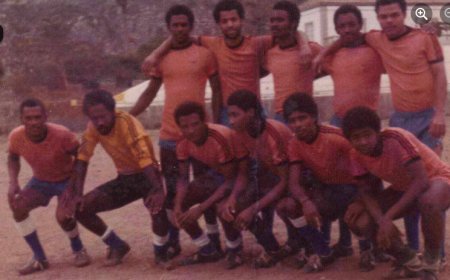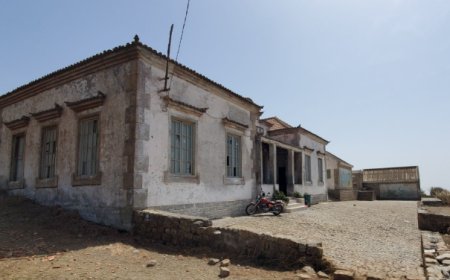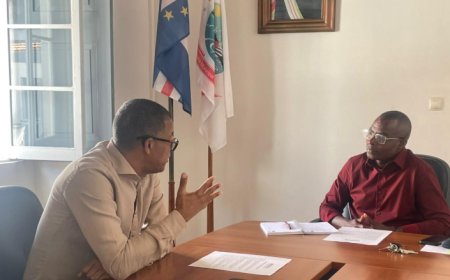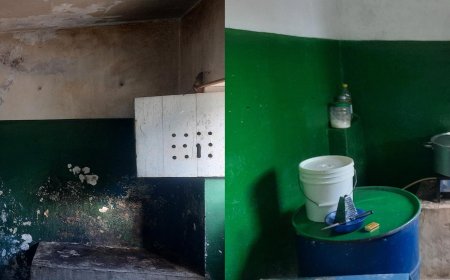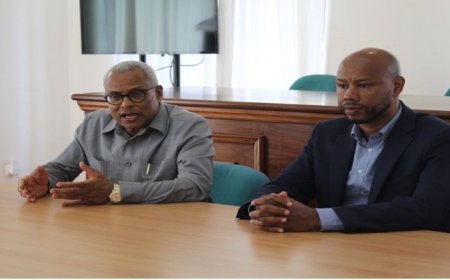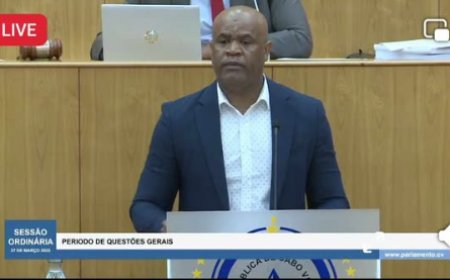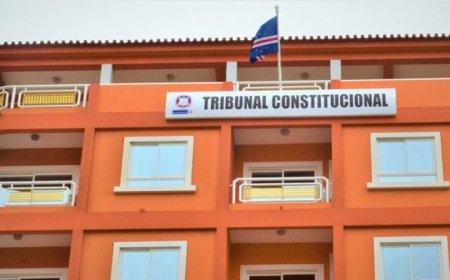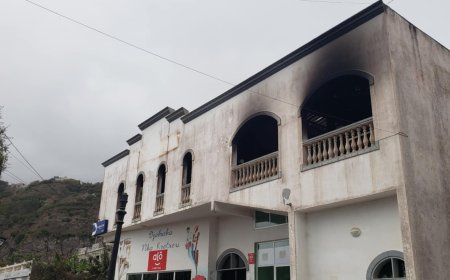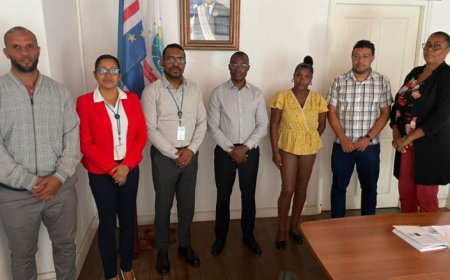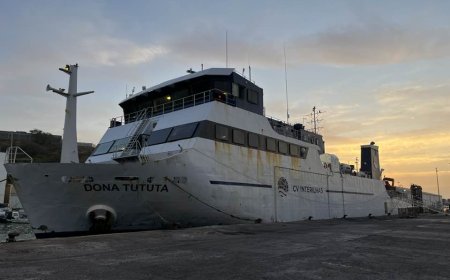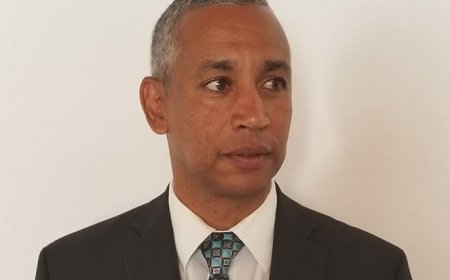Café do Fogo arrives at the giant Starbucks
A partnership established between Dutch and Cape Verdean businessmen is taking coffee from Fogo Island, biologically produced near the volcano, to the North American giant Starbucks, the largest coffee chain in the world.

A partnership established between Dutch and Cape Verdean businessmen is taking coffee from Fogo Island, biologically produced near the volcano, to the North American giant Starbucks, the largest coffee chain in the world.
"Obviously, it is a source of pride for us to have our coffee in a high-quality market such as Starbucks", tells Lusa Amarildo Baessa, administrator of Fogo Coffee Spirit, a partnership established in 2011 between the Dutch company Trabocca (51%) and Cape Verdean Capital Consulting (49%).
From Fogo to the Starbucks reservation, which even has the right to a personalized bag, each one with 30 kilos, of Fogo coffee, they have already followed since the 2015 campaign, with the support of the Dutch partner - specialist in the commercialization of organic coffee -, three loads, of quantities that the company does not reveal, for commercial reasons.
“They are very demanding customers, for a market that is also very demanding (…) And obviously it's because of the quality. At the moment, we are betting on quality, because we don’t have quantity”, explains the administrator, about the challenge that has been to place Cape Verdean coffee in the Starbucks network, something that he hopes to repeat in the 2020 campaign.
The current coffee plantation on the island of Fogo, on the slope of an active volcano whose highest peak reaches almost 2,900 meters, is about 200 years old.
One of the glory years was 1934, when Fogo coffee was considered the best coffee produced in the then Portuguese empire (competing, for example, with Angola or Timor-Leste), but production has been falling. It went from 500 tonnes in 1900 to around 100 tonnes a year a century later, and even less in recent years due to prolonged drought.
“It benefits from the climate, the altitude and all the cultivation, which is rainfed, not fertilized with chemical products. It's all natural, organic”, says Amarildo Baessa, stressing that these are the arguments for the quality of Fogo's coffee abroad.
One of the objectives of Fogo Coffee Spirit is precisely the export of coffee from Fogo, gaining scale in a production distributed essentially by dozens of small farmers in the municipality of Mosteiros, at altitudes ranging from 350 to 1,300 meters, taking advantage of the volcanic soils and the microclimate of the region. area surrounding the volcano.
“We started by improving the quality of the coffee for the foreign market, organizing exports. The quantity is small, we bet on the quality of the processing”, explains the administrator of Fogo Coffee Spirit, whose factory that processes, treats and packs the coffee is located in the center of Mosteiros.
The company's first task was precisely to guarantee the purchase of coffee, still in the berry, to gain scale, ending an export process that was – and in part still is – done individually by each producer and by Cape Verdean emigrants.
“The first years were full of logistical difficulties and to convince the producers to join”, he confesses, pointing out that membership ended up skyrocketing, up to 35 suppliers in one year.
However, the company opted for two coffee processing models: dry, which is the traditional method, and wet, which is carried out at the group's facility in the middle of the mountain.
“The problem is that in the last three years the little rain has reduced the amount”, points out Baessa, explaining with numbers the concern he does not hide.
In 2018, they processed 11 tons of coffee at the Mosteiros factory, while this year, in the harvest that took place in March, it was only 11% of that value, equivalent to just over a ton, to transform into coffee that goes to the consumer, abroad. .
“This year was very low”, he says, admitting that the activity is being compromised by the consecutive drops in production due to the drought that has affected Cape Verde for three years.
And when production drops, he says, producers prefer to store coffee, given the price it can reach, leaving exports together and a large quantity compromised.
“This quantity is not enough to export, it is not enough to fill a container”, emphasizes Amarildo Baessa.
Meanwhile, the group is already preparing to introduce the cultivation of hibiscus (or bissap) tea in the Mosteiros area, through its own company Profood. At the same time, coffee husk tea will also be produced, until now rudimentary on the island of Fogo and which the company intends to expand to export.
The aim is to take advantage of “the entire coffee chain in Fogo”, he concludes.








